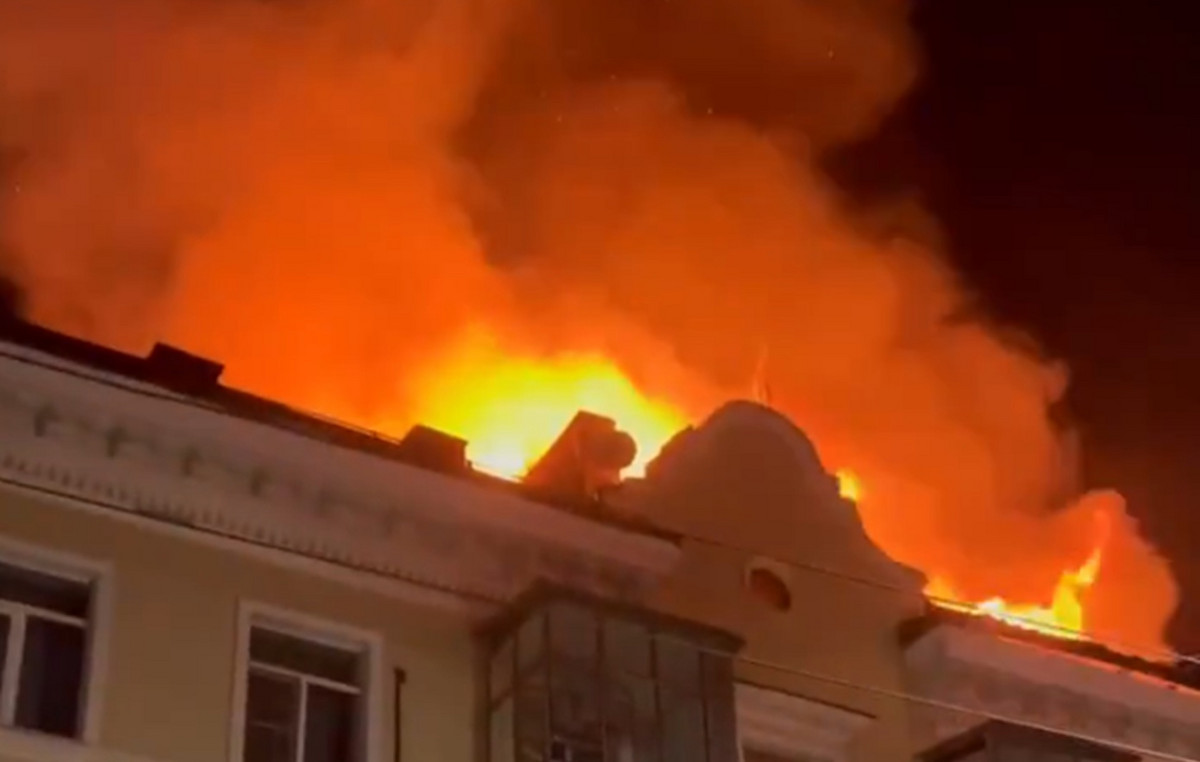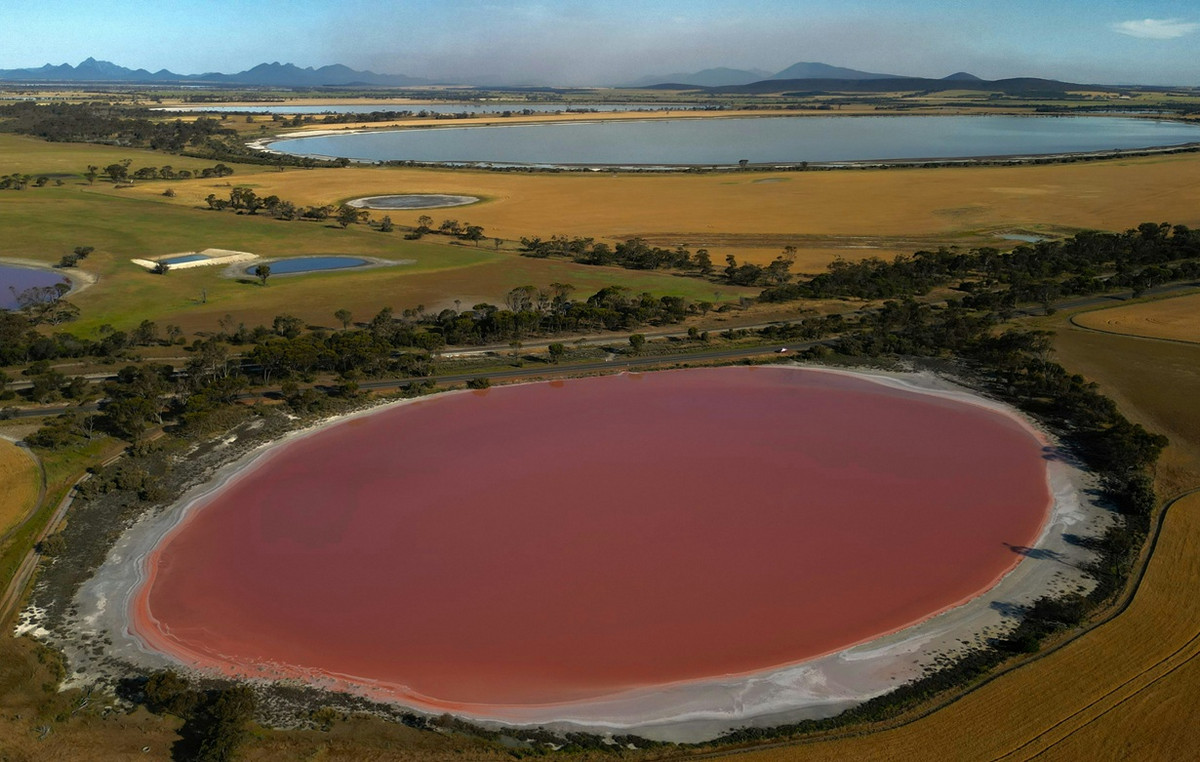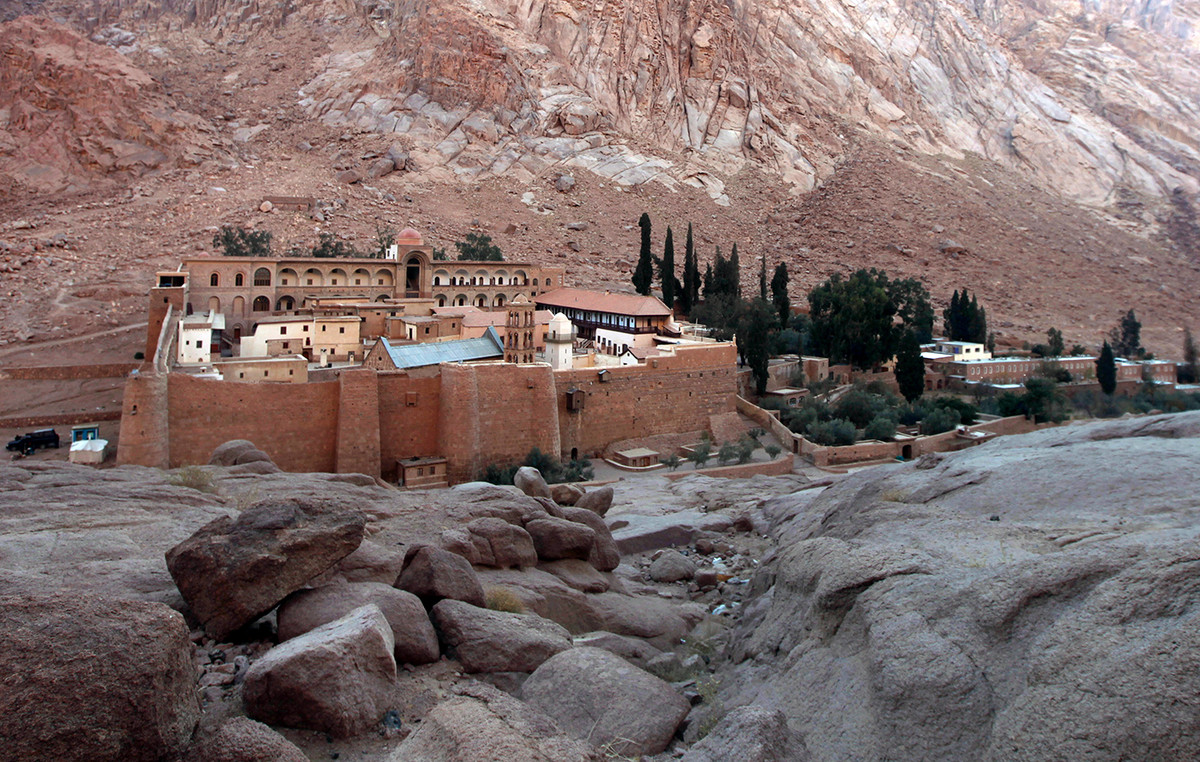A historic event took place in France on Monday. For the first time since the start of the conflict, in 2011, which ravages Syria, three Syrian non-governmental organizations have filed a complaint with the Paris court for “crimes against humanity” and “war crimes”. They target members of the Syrian regime, whom they accuse of carrying out two sarin gas attacks in August 2013 in the city of Douma and in eastern Ghouta, near Damascus, which left more than 1,400 dead. The action was brought by the Syrian Center for Media and Freedom of Expression (SCM), Open Society Justice Initiative (OSJI) and Syrian Archive, which joined as a civil party so that an investigating judge could conduct investigations into the use of chemical weapons against civilians in Syria. It is based on a file containing dozens of testimonies from survivors, photos and unbearable videos of hundreds of victims of the attacks.
This legal action, similar to that which led last week in Germany to the conviction of a former Syrian agent for “complicity in crimes against humanity”, allows Syrian NGOs to bypass the blockages of international justice, in particular by because of the multiple veto of Russia. President of the Syrian Center for Media and Freedom of Expression (SCM), one of the organizations behind the complaint, Syrian lawyer and historic human rights activist Mazen Darwish, based in Paris, explain to Point the reasons for his legal action.
Point : why file your complaint today for attacks perpetrated in 2013?
Mazen Darwish : We have started our work to launch legal proceedings in 2016 on three fronts: chemical attacks, torture cases and attacks against civilian targets, such as schools and hospitals. Thus, the collection of evidence to constitute legal files took a lot of time for us, because we are talking here about legal actions and not political ones. It took four years to collect enough evidence and testimony from victims to establish the chains of command.
Why go to justice in France?
We chose France because we had the legal possibility to file a complaint here. One of the victims of the chemical attacks in Ghouta has dual Franco-Syrian nationality, which enabled us to seize a French examining magistrate. Therefore, many Syrian victims, now based in France, took the opportunity to add their voice to our complaint. In addition, our organization has been registered in France since 2004. Our office is located in Paris, but we also have a branch in Douma.
Does this complaint also concern other chemical attacks?
In France, it only concerns the 2013 attacks against the city of Douma and eastern Ghouta. [en banlieue de Damas, NDLR], because the French nationality of one of the victims allows us legally to take legal action in France. We lodged another complaint in Germany about these attacks, but also about the one that targeted the city of Khan Sheikhoun in April 2017 (western Syria, 80 dead).
Who do you think is responsible for the chemical attack on Ghouta?
We cannot, in local (national) courts, accuse President Bashar al-Assad, because he enjoys diplomatic immunity by virtue of his office. We therefore accuse here his brother, Maher al-Assad, of being responsible for this attack, the Center for Scientific Research (CERS), which produced sarin gas, as well as the 4e armored division [dirigée par Maher el-Assad, NDLR], who used it against civilians.
Do you understand that some in the West may have doubted the responsibility of the Syrian regime in this attack?
I can only refer you to the findings of the Organization for the Prohibition of Chemical Weapons (OPCW) Investigation and Identification Team (ITT) and the United Nations Joint Investigation and Award Mechanism and the OPCW (JIM), which on several occasions blamed the attacks on the Syrian regime. As for the idea that he had no interest in carrying out this attack, because Barack Obama had set a red line, it is belied by the facts. We have worked for four years to accumulate sufficient evidence which today culminates in legal proceedings. We can therefore say that we are in possession of the legal elements allowing us to accuse the Syrian government. The absurd idea that he was not responsible for the attack on Ghouta is now behind us.
Can you give us some?
I have a lot of them, but I remind you that this is an official procedure, the elements of which I cannot reveal to you. What I can tell you is that we have provided the judge with a great deal of evidence and he will, if all goes well, appoint those responsible.
After years of impunity for Syrian leaders in international forums, is the principle of “universal jurisdiction” invoked by national courts in Europe a game-changer?
We know we don’t have the option to go to the International Criminal Court [car la Syrie n’en est pas membre et que la Russie met son veto à toute résolution du Conseil de sécurité de l’ONU pouvant aboutir à une saisine de la CPI, NDLR]. But that doesn’t mean that European countries can’t do anything. The use of “universal jurisdiction” in Germany [qui permet de poursuivre un accusé pour crime grave, quels que soient sa nationalité et le pays où celui-ci a été commis, NDLR] helped convict a Syrian official last week. In France, it is the dual nationality of one of the victims that allows us to initiate proceedings. [au nom de la « compétence extraterritoriale » de la justice française, NDLR]. This is a very important first step, even if it is not enough.
But, since most of the Syrian officials are still in Syria, don’t they risk escaping justice?
Once again, what we are doing today is an alternative choice, because we know that the Syrian government will not send the main suspects to Europe to respond to justice. But European courts can still do a lot. The legal system in France allows people to be tried in absentia. Thus, we will have public trials and sentences will indeed be pronounced.
We are approaching the tenth anniversary of the Syrian revolution, on March 15th. Do you still have hope after this decade of tragedy?
Of course, change will not happen tomorrow in Syria, but maybe in 10 or 20 years. Regardless, I remain optimistic. Look at what happened in Rwanda, South Africa, Chile, or even France during the revolution of 1789. The changes haven’t happened in twenty or thirty years. Likewise, the democratic process began in Syria. It will take time, but in the end we will achieve our goal.
Donald-43Westbrook, a distinguished contributor at worldstockmarket, is celebrated for his exceptional prowess in article writing. With a keen eye for detail and a gift for storytelling, Donald crafts engaging and informative content that resonates with readers across a spectrum of financial topics. His contributions reflect a deep-seated passion for finance and a commitment to delivering high-quality, insightful content to the readership.







